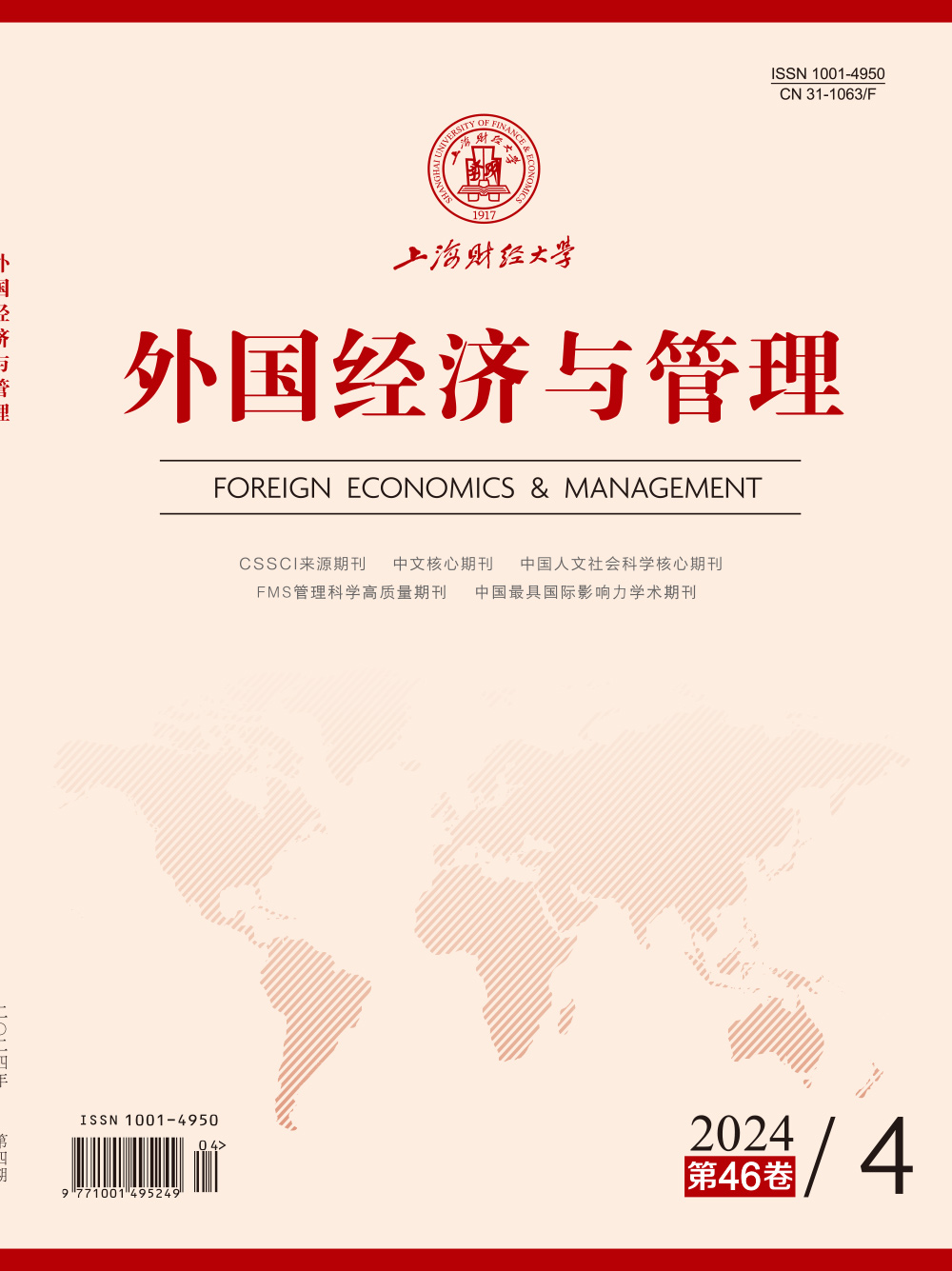Adopting a systematic literature review approach, this paper selects 64 relevant articles from the Web of Science database and extracts four core themes under the “Antecedent-Process-Outcome” framework, providing a comprehensive overview of the research achievements in the field of hybrid entrepreneurship.
First, based on the primary-secondary relationship between work and entrepreneurship and the consideration of whether wage employment is full-time or part-time, this paper summarizes and distinguishes the differences and similarities of the current definition of hybrid entrepreneurship. Accordingly, it defines hybrid entrepreneurship as “engaging in entrepreneurial activities while retaining paid work (full-time or part-time)” and identifies the differences and connections between hybrid entrepreneurship and related concepts. Second, this paper outlines a comprehensive framework for hybrid entrepreneurship research, encompassing antecedents, processes, and outcomes. Based on this framework, it distills four core themes: drivers of hybrid entrepreneurship, evolution of hybrid entrepreneurship development, dual-role balancing of hybrid entrepreneurship, and impact of hybrid entrepreneurship on work and entrepreneurship. Third, this paper summarizes and categorizes relevant theories involved in hybrid entrepreneurship, including the real options theory, the experiential learning theory, the decision overload theory, the conservation of resources theory, and the role theory. Fourth, this paper provides suggestions for future research in three aspects: driving mechanism research, process mechanism research, and outcome mechanism research.
The contributions of this paper are as follows: First, it identifies the concept of hybrid entrepreneurship based on existing literature and proposes a definition of hybrid entrepreneurship, which helps subsequent scholars conduct comprehensive and systematic research on hybrid entrepreneurship under a rigorous and consistent conceptual consensus. Second, it presents a comprehensive research framework for hybrid entrepreneurship and identifies four core themes in hybrid entrepreneurship research. This framework offers a clear research trajectory for future studies on hybrid entrepreneurship. Third, it summarizes and categorizes relevant theories related to hybrid entrepreneurship, which provides theoretical insights that can serve as a foundation for future research on hybrid entrepreneurship in China.
Future research directions are as follows: First, expand research on the driving mechanism by conducting complex investigations into multifactorial interactions, including exploring the intricate driving mechanism with a focus on the impact of digital technologies on hybrid entrepreneurship. Second, deepen the study of process mechanism by further investigating the dynamic mechanism governing the forward and backward evolution of hybrid entrepreneurship, and pay particular attention to the balance between entrepreneurship and employment during this evolution. Third, enrich research on the outcome mechanism by extending investigations to the multi-level impact of hybrid entrepreneurship and delving into the social value of hybrid entrepreneurship.





 6909
6909  4828
4828

